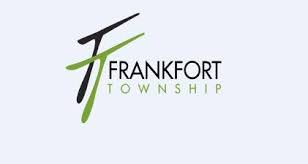
Congressional Perks: Committees, caucuses cost $50 million since 2019
Since 2019, partisan and special interest caucuses and coalitions in the U.S. House spent at least $50 million for staff, food, travel and other expenses, an investigation by The Center Square found.
The Democratic Caucus accounted for $16.4 million – the most – and the Republican Conference came in second spending at least $14.4 million, The Center Square analysis of House spending data shows.
The New Democratic Coalition, Asian Pacific American, Congressional Black, Congressional Western, Congressional Progressive, Hispanic and Democratic Women’s caucuses jointly spent an additional $15 million, data shows.
Caucuses formed to focus on specific issues, such as the Problem Solvers and Equity caucuses, spent about $1 million each, with the Main Street Republicans spending $534,000 of taxpayer money and the Pro-Choice caucus $345,000, the data shows.
David Williams, president of the Taxpayers Protection Alliance, said the spending on partisan and special-interest caucuses should not be coming out of taxpayer funds.
“This money is gone,” he said after The Center Square told him of the spending. “You have to pay for it privately or through campaign funds.”
He made a distinction between caucuses and coalitions, which are partisan gatherings or groups discussing an issue, and official House committees working on problems or investigating public concerns.
He also questioned why taxpayers who might be opposed to an issue are on the hook to pay for a group discussing it.
“If you’re pro-life and you’re a taxpayer, you are funding a caucus that you disagree with, and the opposite obviously can be true if you’re pro-choice and you’re paying for pro-life,” he said. “So you see that taxpayers are paying for members of Congress to … advocate for things that they don’t agree with in a caucus.”
But JD Rackey, associate director of the Structural Democracy Project at the Bipartisan Policy Center, said the caucuses are valuable in that they provide a forum to work on ideas and legislation.
“A long history of political science research shows that these caucuses serve as legislative idea and policy hubs for members, and so is one way for members to develop kind of idea proposals that they can talk about with their colleagues or with the public to try to enact law,” he said. “Without them, you have kind of more choke points in the development of legislative ideas that are controlled either by party leaders or outside interest groups and things like that. So they serve as kind of an extra brain trust for for legislative policy development.”
Daniel Schuman, executive director of the American Governance Institute, said caucuses are not always that useful.
“The Problem Solvers caucus was center-left and center-right members trying to work across party lines,” he said. “It was not particularly effective.”
Calls left at the House offices of several of the caucus chair people were not returned.
Latest News Stories

Meeting Summary and Briefs: Frankfort Fire Protection District for July 15, 2025

Meeting Summary and Briefs: Frankfort Park District Board of Commissioners for July 8, 2025

Meeting Summary and Briefs: Frankfort Fire Protection District Board of Trustees for July 15, 2025

Meeting Summary and Briefs: Frankfort Square Park District for July 17, 2025
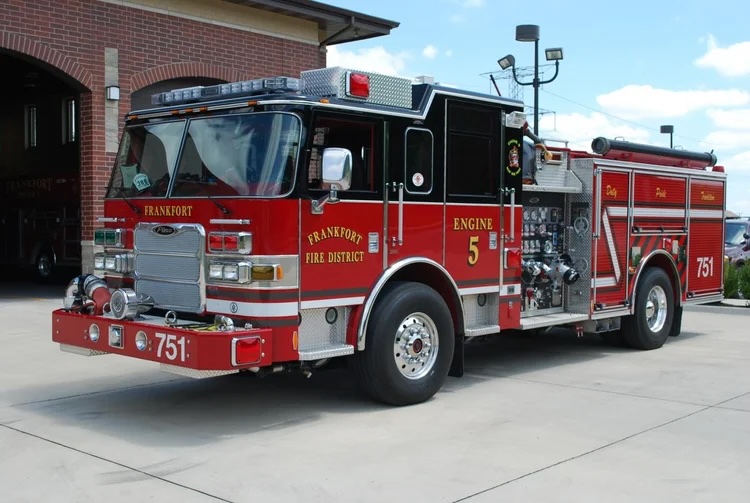
Frankfort Fire District Faces Tighter Budget, Rising Overtime in FY 2025 Outlook
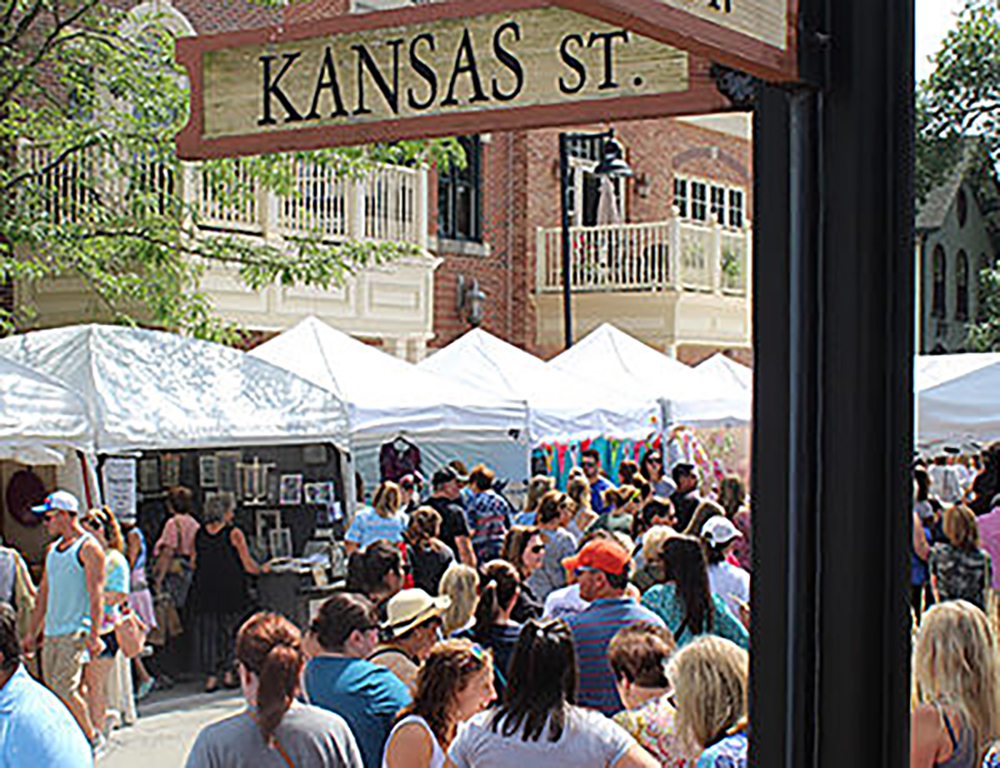
Your Ultimate Guide to the 2025 Frankfort Fall Fest: Everything to Know for the Nationally-Ranked Event
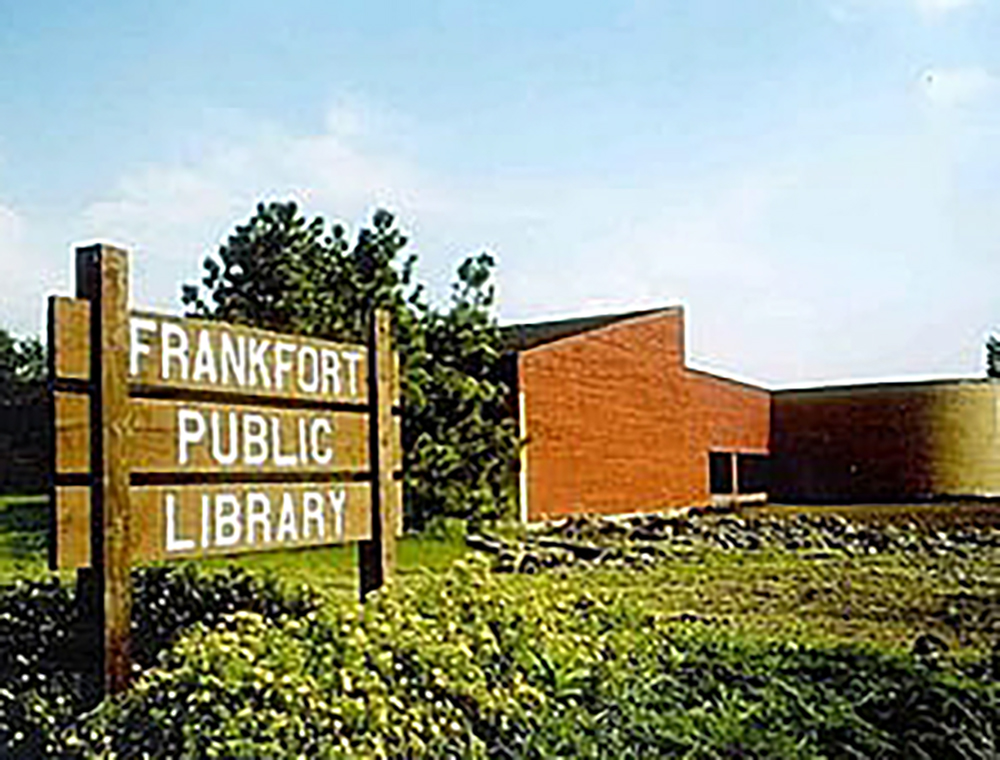
Frankfort Library Tables Reading Room Project Over Higher-Than-Expected Engineering Costs

Meeting Summary and Briefs: Frankfort Township Board for July 14, 2025
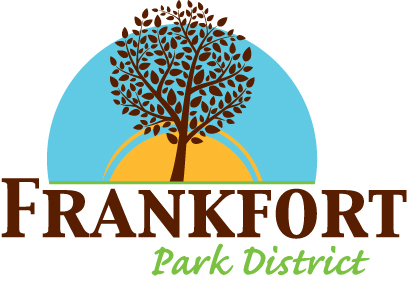
Frankfort Park District Board Approves Pay Raise for Executive Director Gina Hassett

Meeting Summary and Briefs: Summit Hill School District 161 for July 9, 2025
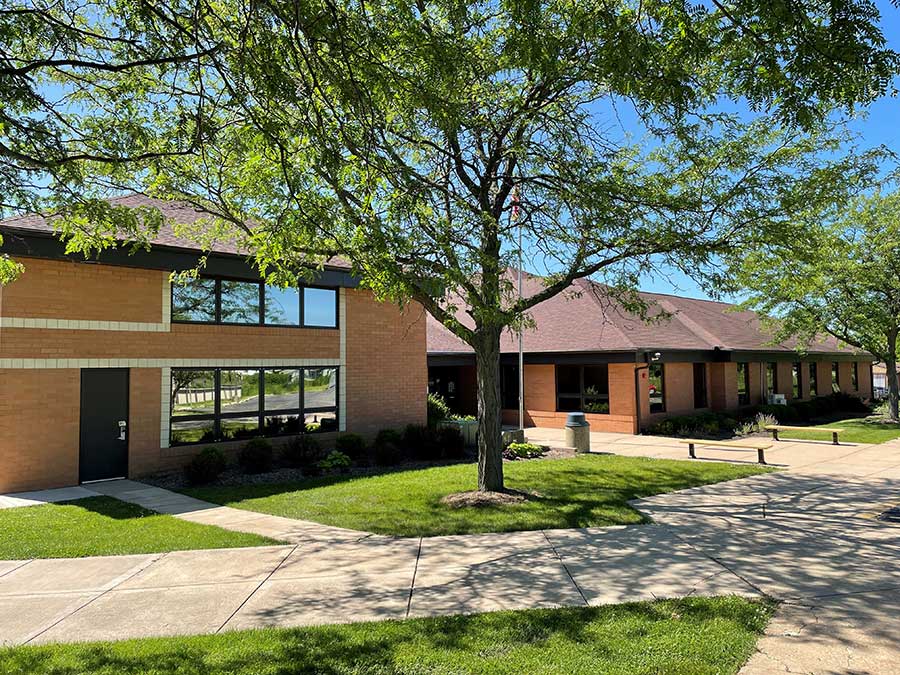
Park District’s BDC Dance Program Earns National Recognition
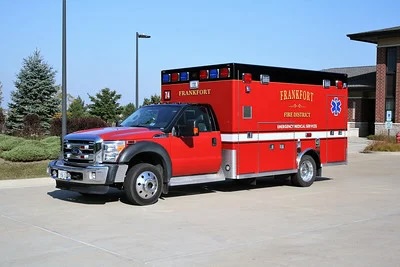
Frankfort Fire District and Firefighters Union to Discuss Possible Referendum
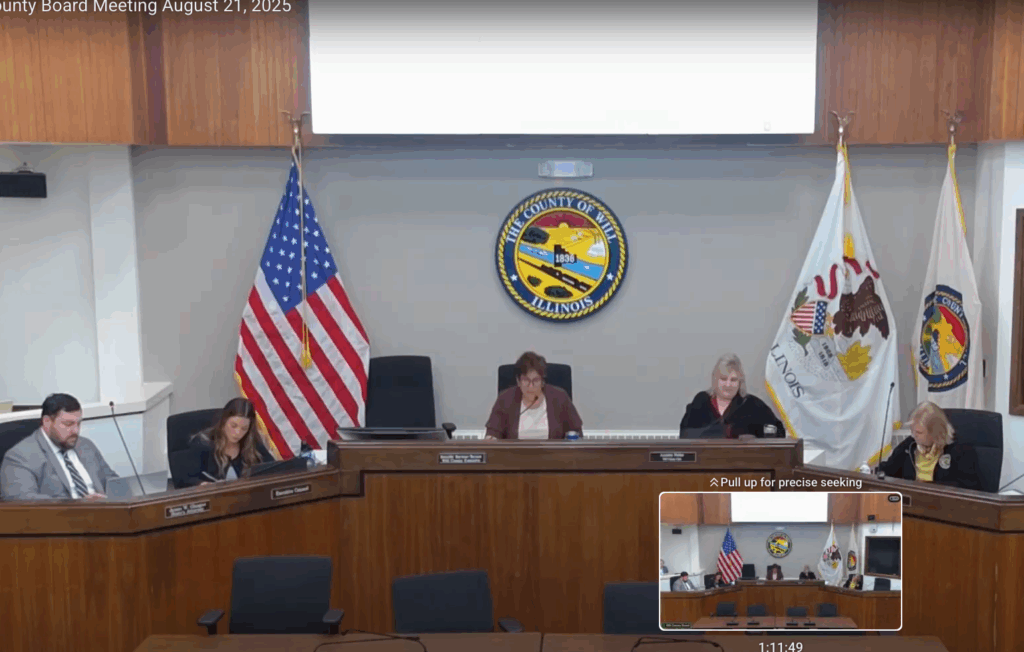
After Initial Rejection and Tense Debate, Board Reconsiders and Approves Contested DuPage Township Business

